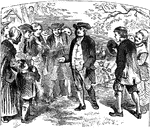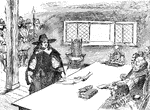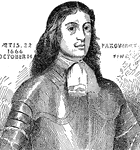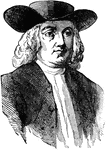Clipart tagged: ‘penn’

Attack at Harrisonburg
"Gallant attack by 150 of the Pennsylvania Bucktails, led by Colonel Kane, upon a portion of General…
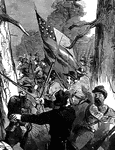
Attack at Harrisonburg
"Gallant attack by 150 of the Pennsylvania Bucktails, led by Colonel Kane, upon a portion of General…
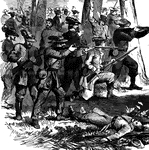
Attack at Harrisonburg
"Gallant attack by 150 of the Pennsylvania Bucktails, led by Colonel Kane, upon a portion of General…
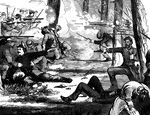
Attack at Harrisonburg
"Gallant attack by 150 of the Pennsylvania Bucktails, led by Colonel Kane, upon a portion of General…
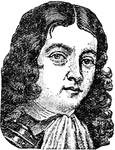
William Penn
The founder of the colony of Pennsylvania, born in London, England, Oct. 14, 1644; died at Ruscombe,…
